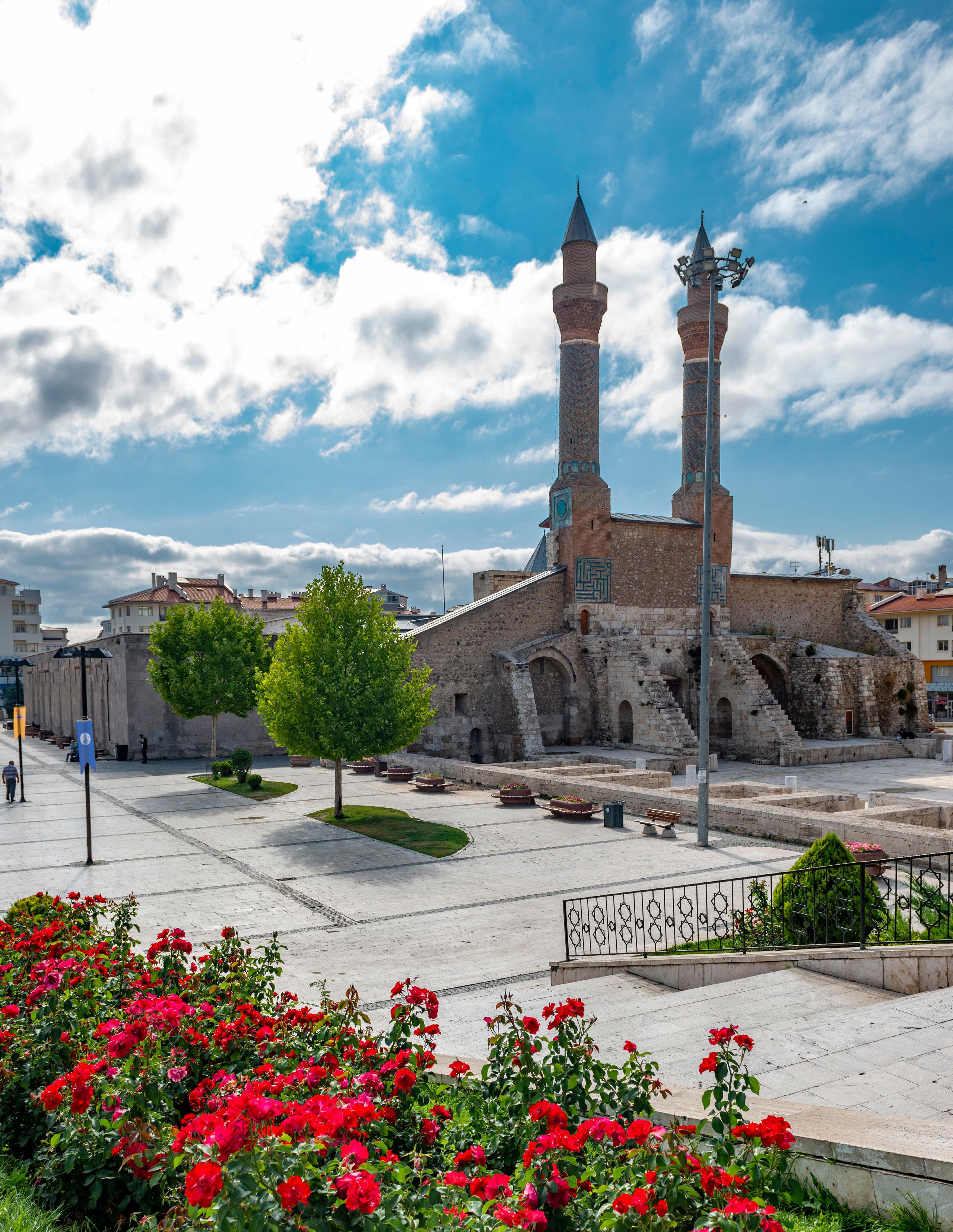
Instagratification
Official Magazine of Darul Uloom CANADA INSIGHT Jan/Feb’23
Formative Years: Childhood of the Prophet s
Building Forbearance
SUMMARY
5
8 5
14
Pearls of wisdom
Building Forbearance by Omar Multani
Pearls of Wisdom by Our Elders
The Formative Years: Childhood by Maulana Dr. Mateen Khan
16
20

Learn Arabic: What Makes a Home
Fatawa: Is Vanilla extract permissible? by Mufti Hussayn Badri
26
Instragratification: by Dr. Kamran Karatela

Insight Magazine
Patron
Hazrat Dr. Ismail Memon
Fatawa
Mufti Hussain Memon Badri
Contributors
Mufti Omar Baig
Maulana Dr. Mateen Khan
Abu Saalem
Photos
Prof. Mortel, CC BY 2.0 <https://creativecommons.org/licenses/by/2.0>, via Wikimedia
Commons
Editor Asim Ahmad
Phone 5193601028
E-mail office@ducanada.org
Website www.ducanada.org
Address 51 Prince St. N, Chatham, ON N7M 4J7, Canada
The views expressed in the columns of Insight magazine do not necessarily represent those of Darul Uloom Chatham. The articles published in this magazine may be reproduced with due acknowledgment.
The Çifte Minareli Medrese
Minaret Ma-
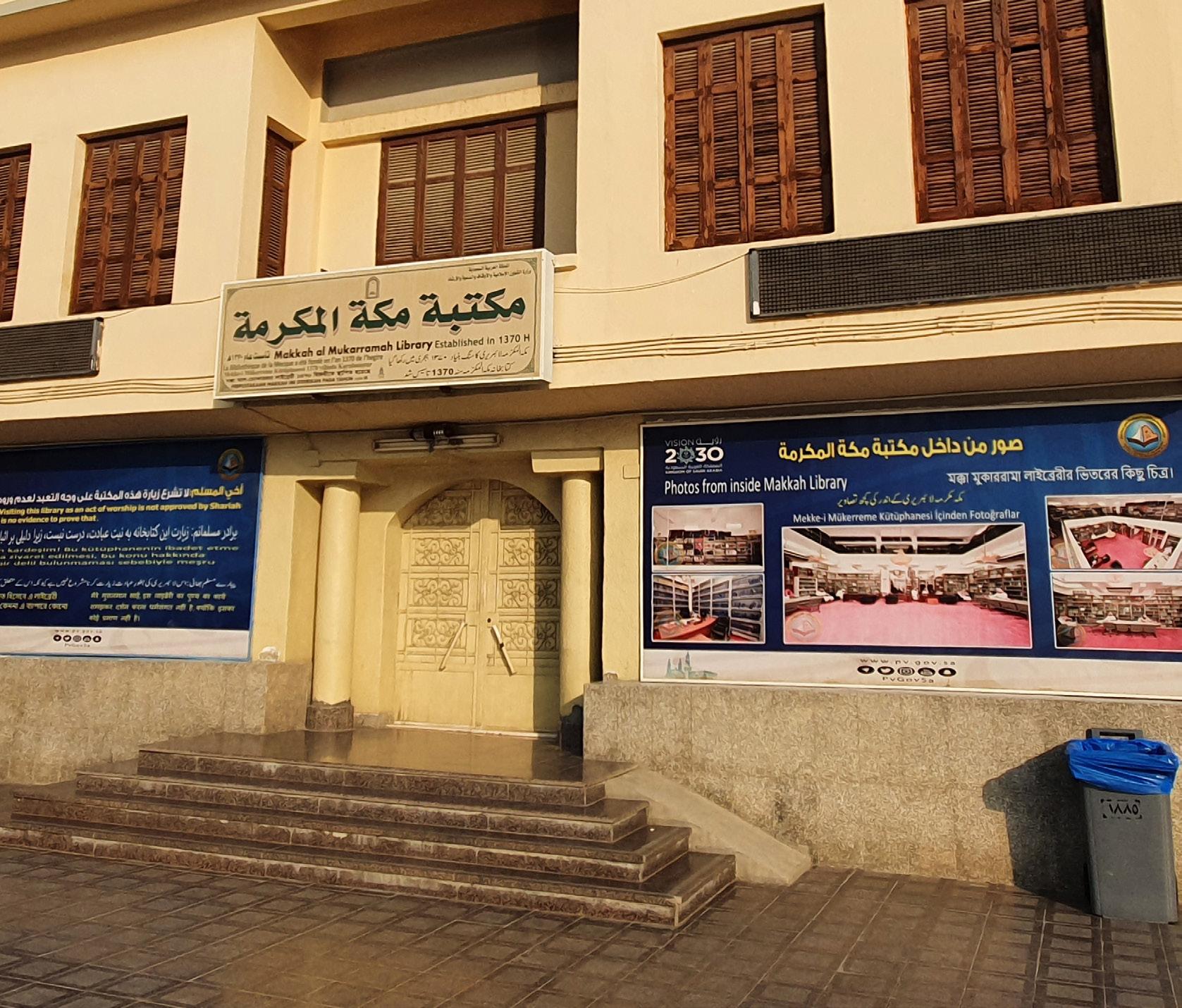
14 26 Cover 8
(Double
drasa) was built by Shamsuddin Juwayni during the Seljuk period in 1271 in Sivas, Turkey. Mongol hordes laid waste to most of the complex. All that remains today is the facade as shown in the image.
And it is He who has released the two seas, one fresh and sweet and one salty and bitter, and He placed between them a barrier and prohibiting partition (25:23).
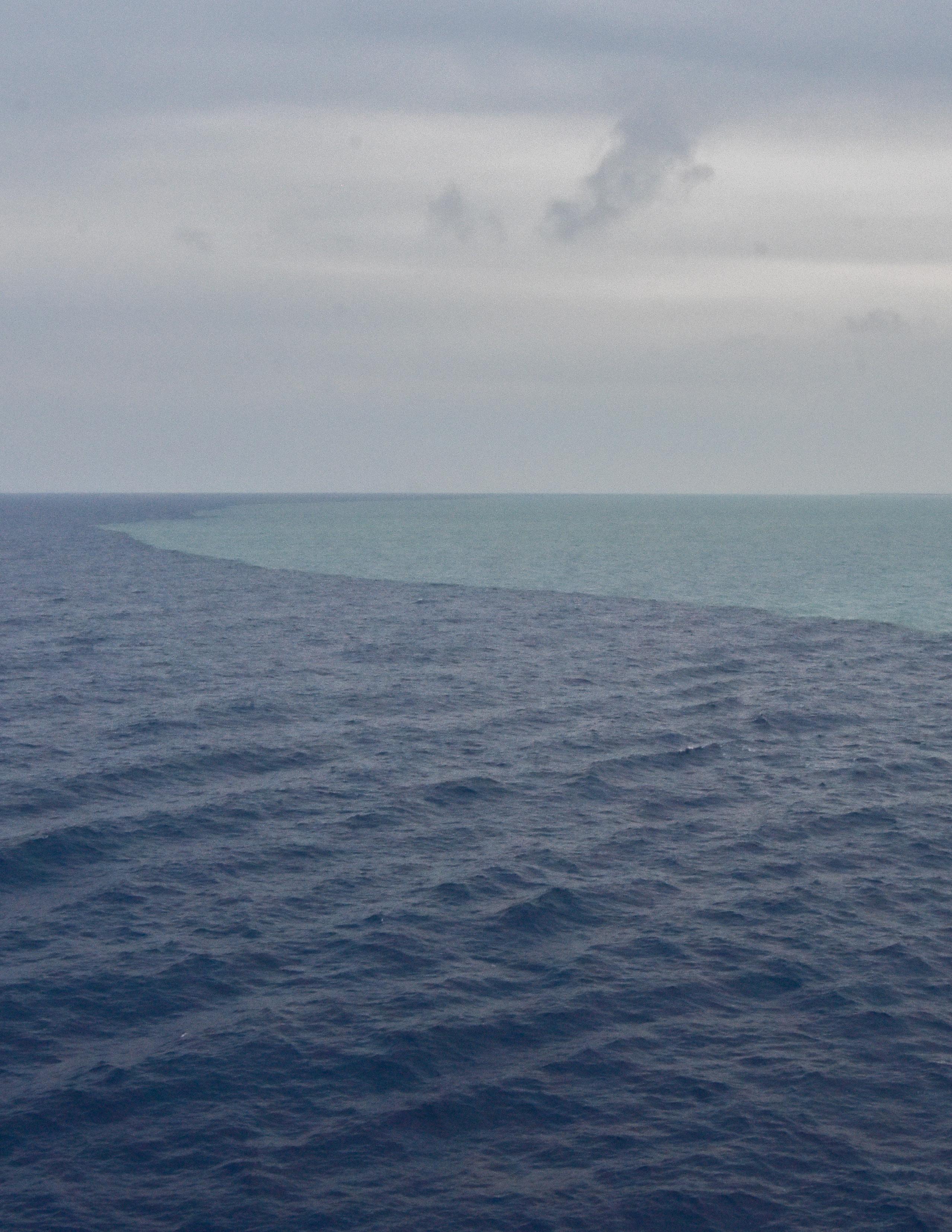
This issue covers an exciting array of relevant topics. How the social media is less a simple communication platform to stay connected with the world around us and more an invasive technology that eats at our iman and the time accorded to us to invest in our Akhira. Dr. Kamran Karatela exposes the real face of this digital monster and how it seeks to devour our spirituality and invaluable connection with Allah.
In a time of instant gratification, how do we become forbearing in a world that is turning meaner by the day? How do we follow the Prophet's s character whose forbearance converted the savagery and barbarism of Arabia into a peninsula of peace and unity? In his article Building Forbearance, Omar Multani teaches us simple, practical steps that will help us achieve this extraordinary Sunna. Vanilla extract. Is it permissible even if it contains a minute percentage of alcohol? Mufti Umayr Baig provides a comprehensive answer to this common kitchen item in the fatwa section.

4 INSIGHT MAGAZINE EDITORIAL
The Prophet a said, “The human body contain 360 joints. When he wakes up in the morning healthy, he must give charity out of gratitude for each and every joint.” Ahead in this hadith, the Prophet a says that when a man has a relationship with his wife, this is also an act of charity. The Sahaba l then asked, “O Prophet of Allah, a man having a relationship with his wife is an act of charity?”
M ay Allah grant the highest reward to the Sahaba l for leaving behind a huge repository of knowledge through their elaborate questioning. The Prophet a responded that if a person was to have a relationship outside of marriage, will he not be sinful?”
T he Sahaba l replied, “For sure, Ya Rasulullah a .”
T he Prophet a said, “Then if he has a relationship with his wife to save himself from sin, then why would he not gain reward?”
Maulana Rasheed Ahmad Gangohi (1826-1905) went blind at the end of his life. My father (Maulana Yahya Kandhelawi) was his personal attendant. Once, he asked my father, “Who is here right now?”
W hen Maulana Gangohi wanted to say something of importance, he would always start with this question. My father replied, “Only myself and Ilyas (my uncle, the founder of the Tablighi Jama‘at).”
T hen Hazrat said, “No matter how unmindfully you utter the name of Allah, it will have an effect.” I hold the same opinion. This is the same kalima that brings a disbeliever into the folds of Islam; if uttered with firm conviction, all disbelief is washed away.
The Prophet a was sent to this world to embody this deen; and this is precisely why we need prophets, to personify the commandments of the deen so that those who come after cannot object and say, “How can we observe this commandment?”
I n this context, there are two types of commandments. One are those which do not minimize the status of prophethood. These types of commandments were observed by the Prophet a himself. This is why in
the hadith of Laylat al-ta‘rees , the Prophet a could not wake up in time for Fajr… since this incident (of missing of Fajr) did not minimize the status of prophethood, the commandment (about the ruling of missing salat) was made to happen by the Prophet a .
L ikewise, the Prophet a was made to forget on numerous occasions in salat. He even said, “I do not forget, but am made to forget” ( Muwatta ), so that the Sunna is established in these situations.
H owever, the types of commandments which minimize the status of prophethood were made to happen through the Sahaba l who offered themselves [as sacrifices for the completion of deen] as if to say that do what you like with us to bring the deen to completion. We are willing to be stoned and have our hands cut [to achieve this end].
[ for example,] Ma’iz g and Ghamidiyya j were both stoned and thus, Allah shed light on an important commandment of deen. Likewise, the internal conflicts between the Sahaba l , the battle of Siffeen and Jamal, all were predetermined by Allah to happen the way they happened. Had these happened in the time of the Prophet a [and some of the Sahaba l rose against the Prophet a ], they would fall into disbelief because whichever way the Prophet a decided any matter was final. Therefore, they were made to happen after the Prophet a passed away.
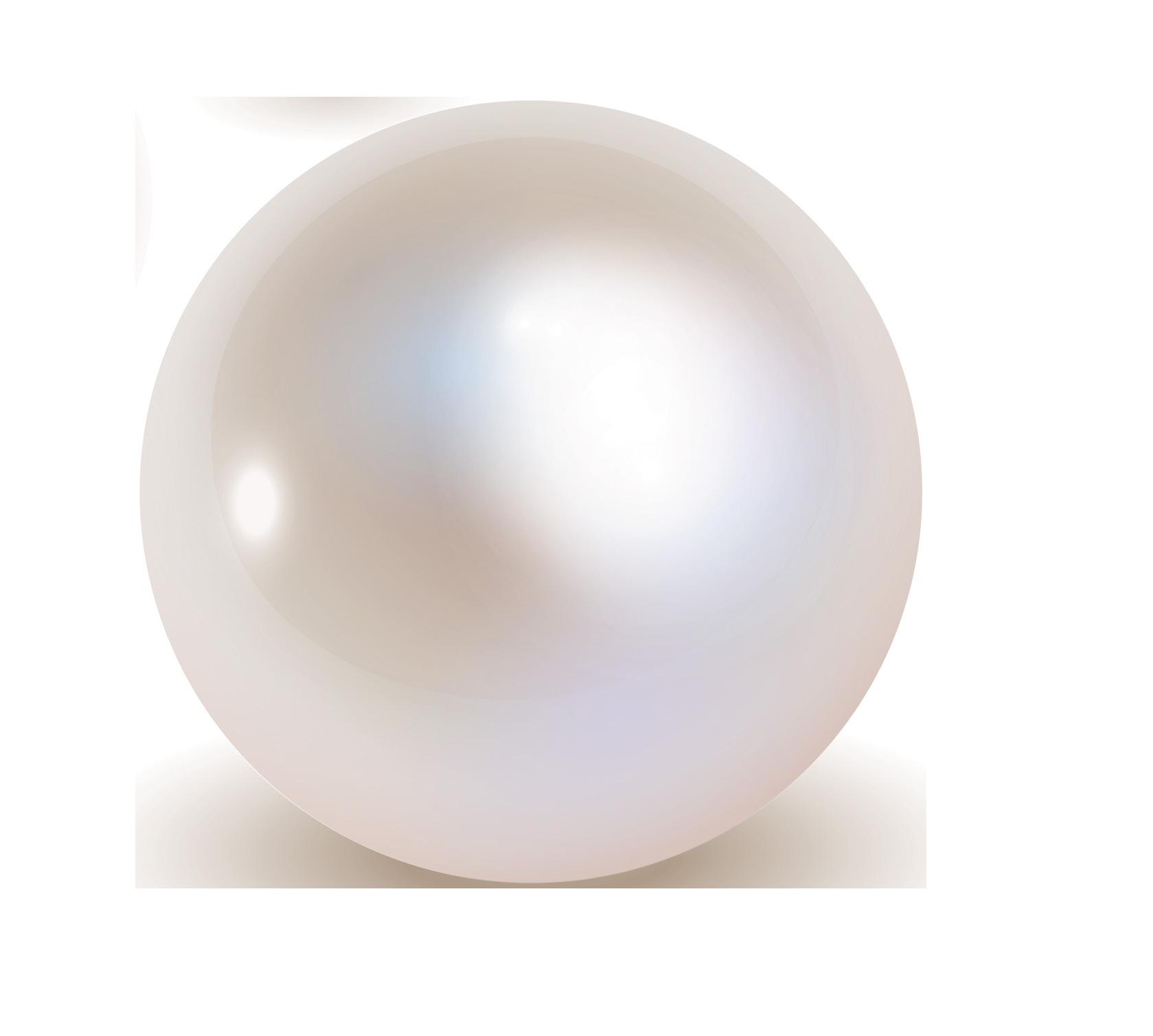

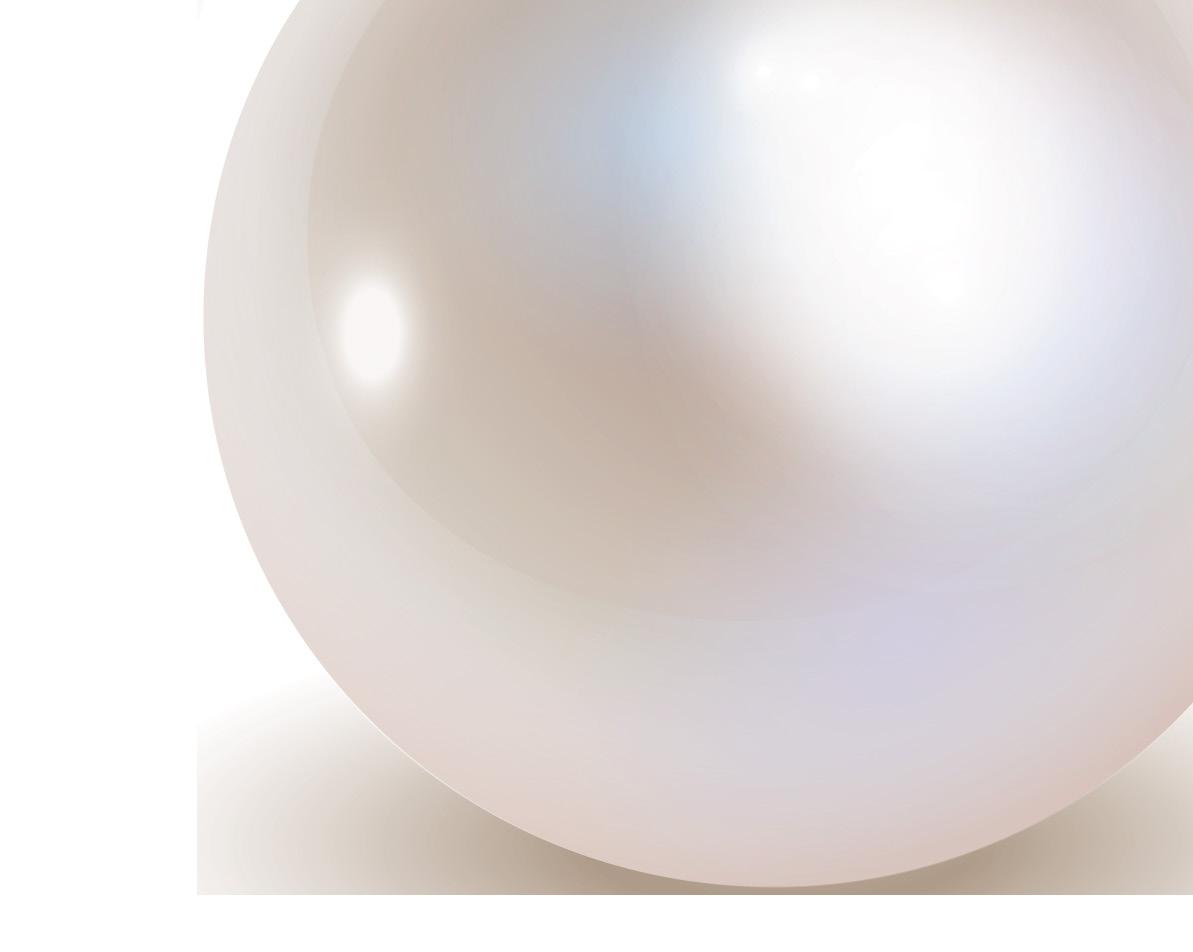
PEARLS OF WISDOM
Taken from Malfuzat Hazrat Shaykh al-hadith Maulana Muhammad Zakariyya Kandhelawi r by Dr. Ismael Memon
BUILDING
by Omar Multani
A famous quote by the historian Will Durant: a nation is born stoic and dies epicurean (i.e., devoted to pleasure).
The definition of a stoic is one who can endure pain without complaining. When stoics are challenged, they won’t express dissatisfaction and will persevere to the very end.
This is how nations are created. They are willing to overcome obstacles to reach the ultimate objective.
Stoics believe that you must forgo the present luxuries in the hopes of receiving
something better in the future. In a sense, they’re investors investing in the future. Sacrificing the present for a better tomorrow. Epicureans, meanwhile, hold the belief that humans should live for the “now.” They should enjoy life to the fullest, for tomorrow, they could die. This is also reflected in the modern world as YOLO (You Only Live Once).
Stoic vs Epicurean
W hen a nation is born, the founding fathers are believers in stoicism. They are ready to

6 INSIGHT MAGAZINE
sacrifice their today for a better tomorrow. The moment the future generation starts enjoying their today without investing in their tomorrow marks the beginning of the end. This holds true not only for “nations” but for every aspect of life. Businesses, healthy relationships, and active lifestyles are all started by stoics and fail when those stoics become epicureans. Successful businesses, similar to successful nations, are built by those who sacrifice the comfort of mediocrity for future gain. This also means that nations, businesses, -
hile a healthy balance tween the two is good to have, people today need to be stoic more -
about toughening-
dure the pain of sacrifice. With the rise of social media, the increased quality of life, and its outcome of instant gratification, people have become increasingly sensitive. In order to have complete control of your life, business, fitness, studies, or relationships, you need to have a tough mindset.
Umme Ammarah j is an example of a
great sahabiyya, whom we can learn from, who displayed courage to sacrifice her today for a better tomorrow.
Enter Nusaybah Bint Ka’b j
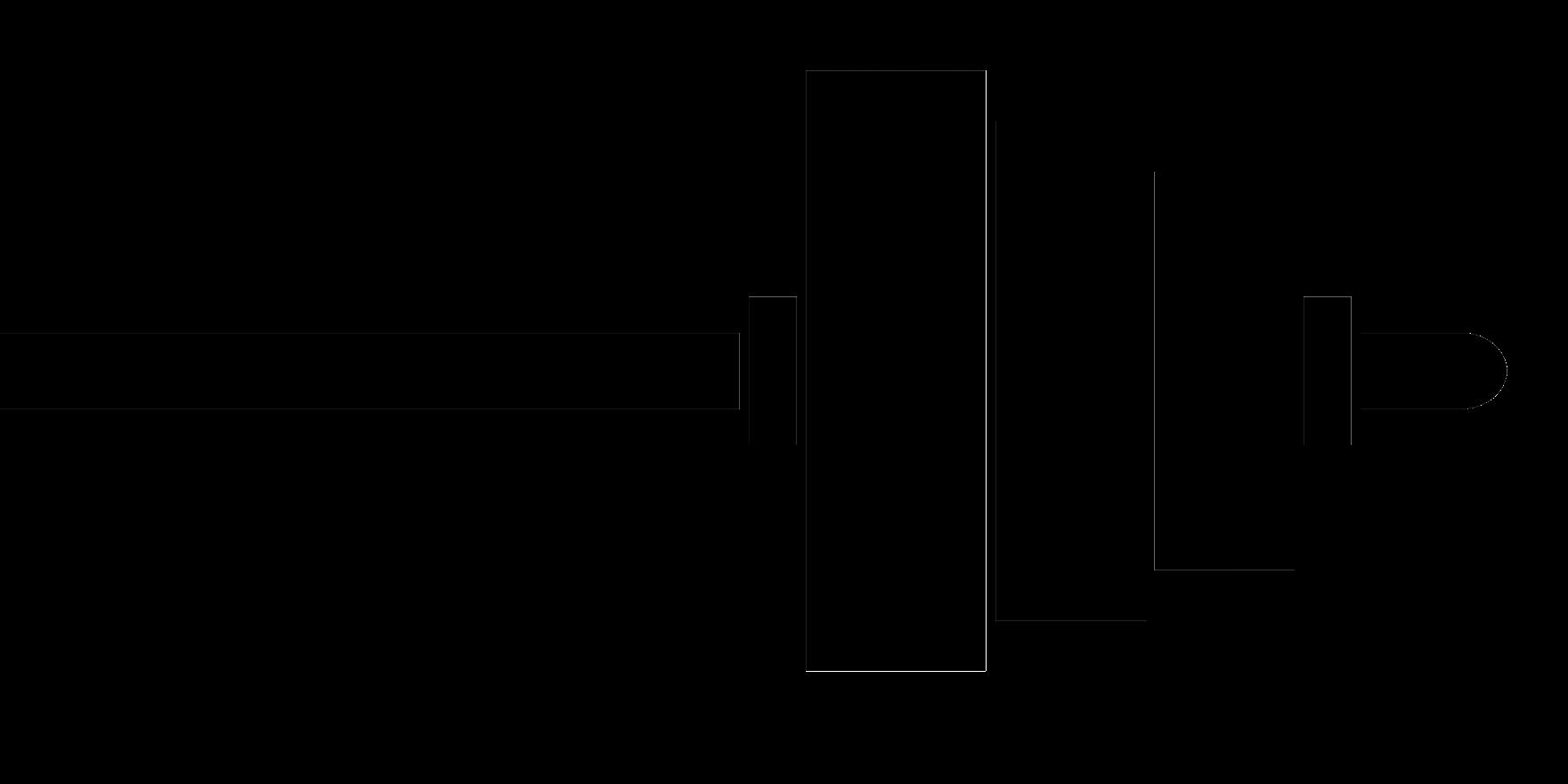
S he participated in the battle of Uhud (3 AH) as a medic. She would run the battlefield with a water bag and distribute water to those in need. That was her duty and nothing more. Muslims had the upper hand for most of the battle, but as the end approached, the enemy made a surprise attack on Rasulullah s . Rumors began circling that Rasulullah s had been killed.
D uring the attack on Rasulullah s , Nusaybah j was near the area. The moment she saw Rasulullah s being attacked, she threw
7 INSIGHT MAGAZINE
Remember this: your dreams die when you become weak, and they are fulfilled by someone more forbearing than you. A tough mindset is all it takes to start your journey and stick to it till the end.
her water bag and grabbed a sword from the ground, and rushed to protect Rasulullah s . Rasulullah s himself stated later, ‘Whether it was to the right or the left, in whichever direction I turned I saw Ummu Ammara, fighting in my defense.” She fought bravely on that day with little training or experience. The cost of protecting Rasulullah s from an onslaught resulted in many injuries, one of which left a deep wound on her shoulder.
L et’s clarify that Nusaybah j did not participate as a warrior but as a medic. So when she witnessed the assault on Rasulullah s , she had a choice to make. Whether to turn away and go about her business or to seize the opportunity and display courage. She took the initiative to sacrifice her today for a better tomorrow.
Principle Learned

T he choices leading to a better future may seem difficult and terrifying. Still, you have to disassociate from the present moment and be stoic. You’ll be tough if you do not let your emotions get the best of you. Remember this; your dreams die when you become weak, and they are fulfilled by someone tougher than you. A tough mindset is all it takes to start your journey and stick to it
till the end.
W ith all that being said, the only question that remains to be answered is how can one be tough? In the story on Nusaybah j , we learned the reward of being tough and the benefit of sacrificing current luxuries for a better tomorrow. However, how does one build that forbearance and that attitude? Well, the answer to that is pretty simple. Build toughness in other aspects of your life until it develops into a habits. Until it becomes who you are. Toughness is not being tough in one
8 INSIGHT MAGAZINE
situation or the other; instead, it has to embodied. You must become tough and start sacrificing your current comforts in all aspects of life. Once you’ve achieved that innate toughness when it truly is the time to make a decision that will change the course of your life, you’ll be tough enough to do so!
L et me present to you some aspects of our lives that have been weakened by technology and the need for instant gratification. With technology, you’re always presented with a choice to make. Without even giving the slightest of thoughts, you choose the easy
way out and subconsciously become dependent on that technology. Subliminally It gains control over you rather than being the other way around.
Areas In Life To Practice Toughness Phone

L et’s start with the most obvious one: smartphones. If I were to ask you how long you can refrain from checking your phone, what would be your answer? I want you to take the time and try to answer this question. Test this out with whatever time you’ve decided. Then, stay away from your phone for that period of time, and see if you hypothesized correctly.
A sk yourself: have you become so dependent that you can’t stay away from a device for a couple of hours? Understand who’s really the master in this situation. The phone or you? Who’s in control of the phone. If the phone becomes the master, take action to change that. Be tough enough to restrict the time you spend on it. An entire article can be written only on how to build toughness by reducing the usage of your phone.
Car
H ow often have you had to go to the gas station or the supermarket right around the corner? How many times have you opted to walk instead of drive? Why is that? Have you become that dependent on technology? I hate to come across as harsh, but this is a reality we need to face. Unfortunately, we are all so dependent on automation and advancement that we don’t even entertain the idea of doing things another another way.
9 INSIGHT MAGAZINE
I magine the mental toughness you’ll build by walking out in the cold (you thought you were exempted from taking a car in winter?). It’s -25 outside, and you have to get milk, and you are faced with the choice to take the car or walk. If you choose to walk, the psychological effect that walking will leave you with is unimaginable. With every step you take comes the decision to take the next step. It makes you a tougher person!
Money
N ow then, onto some financial advice. When you finally receive your paycheck, fight the urge to spend it on items you want but don’t need. Toughen up. Mess with your brain and rewire it to be your slave, not the other way around. Do not act impulsively. You are not at the mercy of your whim. At first, fighting impulses won’t seem like that big of a deal, but rest assured, a time will come when you’ll be in complete control over your desires. Don’t you want that type of freedom in your life?
Uncomfortable Situations
Y ou should thrive and be content to be in uncomfortable situations. It would help if you accustomed yourself to it. Hence, when you are faced with making a difficult decision, you won’t hesitate. There are many ways to increase toughness in uncomfortable situations. One such way is to put yourself in those situations deliberately. For example, taking a cold shower. When
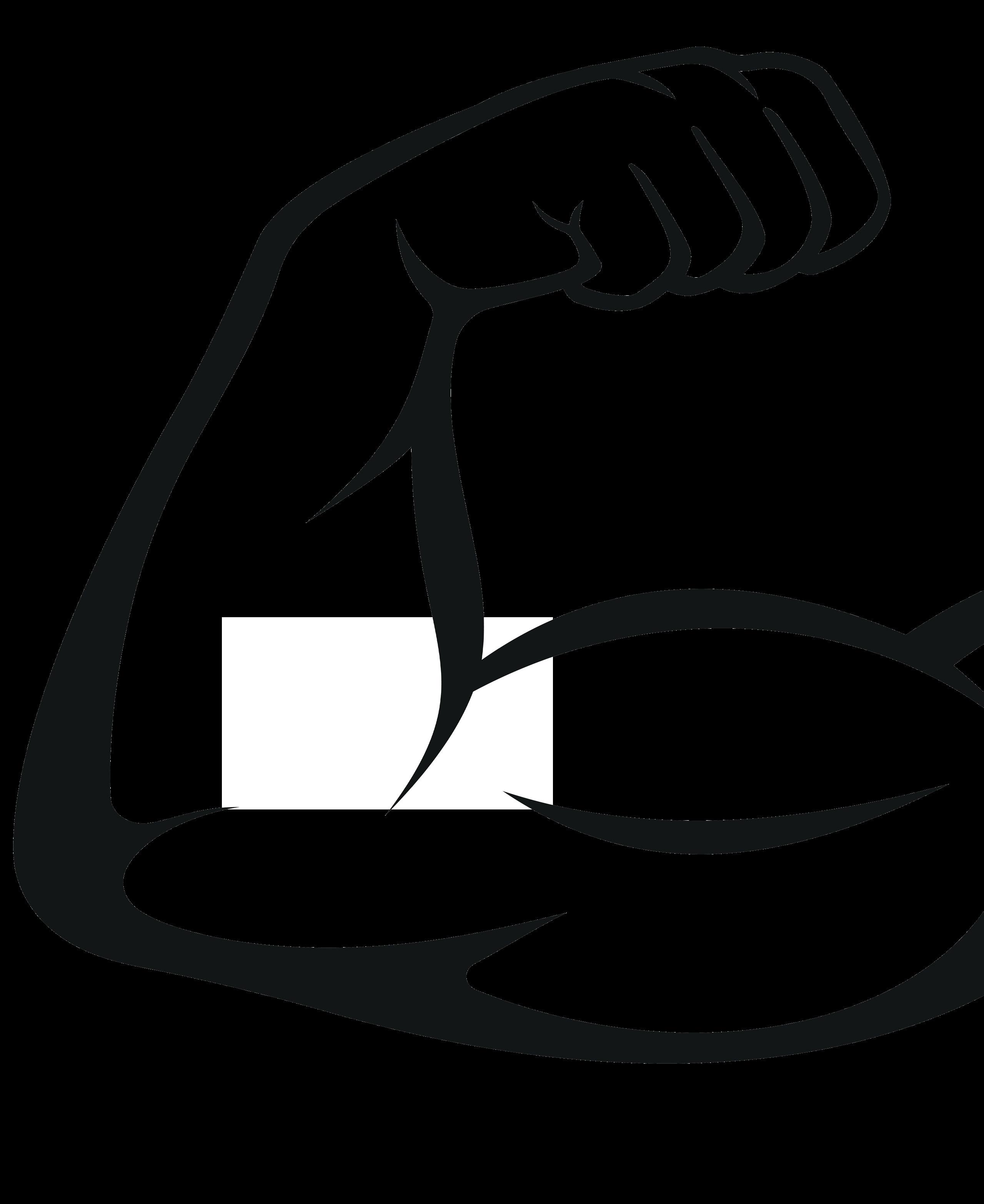
you take a cold shower, you increase the reliability factor by sticking to it even if you don’t want to and as uncomfortable as it may be. There are countless other benefits of a cold shower. Physiological and psychological ones. Most of all, it’ll help you to be brave in uncomfortable situations.
N ext time you don’t want to do something, just do it. If you’re not feeling the burn, you’re probably not lifting a heavy enough weight to make your muscles stronger. Do push-ups, take the stairs, try sleeping on the floor (build slowly), fast for a couple of days (outside of Ramadan, too) or do a complex math problem. Use it or lose it; that’s the pen -
U or
U S E IT , L O se it
alty of not toughening and hardening up. Failure
I n every facet of life, there will be times you’ll feel that the situation has deteriorated and that you have failed. But understand that from these failures you’ll grow stronger and tougher than ever before. Picture this; you’re in a war in the medieval era. You’re inside a trench. Who would you like to have next to you? Someone who has his body covered with battle scars or a newbie whose body indicates that he has no prior experience. You will definitely feel safer with a scarred veteran. All of your failures are these battle scars on you, which make you tougher. Above all, the people around you are drawn closer to you. When you fail, you should feel this is
one of the battle scars that will turn you into a warrior. Be excited about it. Don’t freak out. It must be embraced.
Conclusion
I n order to put the principle to work, you can do the following today. Ask yourself, in what area of your life are you the weakest? What are the simple steps you can take to toughen up? It would be best if you focused on that for a couple of days to rewire your brain until it becomes a part of who you are.
Remember, with every step you take comes the choice to take the next. So get going and love the grind. Start by being tough in other areas of life, then slowly but surely, it’ll become one of your habits. g

Thawiyy is a house/room prepared for guests
What makes a home?

Dór is the building plus surrounding property of the houseowner (back and frontyard etc.)
al-Rabõ ‘ a summer cottage/ house used only for the summer
al-Raff are the shelves upon which books and ornaments are placed
Saqfis the roof of a house
12 INSIGHT MAGAZINE
Arabic
Learn
al- ‘ Ulw is any part of the house above the foundation
Sullam is the stairs leading up to next floor
Ghurfa is a private room for sleep and rest.
ûammóm bathroom
Jidór are the walls of a house/building
Bayt is the building itself minus the property around it.

13 INSIGHT MAGAZINE
al-Asós is the foundation of the house
The Prelude: THE FORMATIVE YEARS- CHILDHOOD
by Maulana Dr. Mateen Khan
She sat erect on the floor cognizant of her heart which had already ceased its motion. An elderly Black woman at this point, her tears streamed behind her veil through the crevices of her face. In front of her sat the two most important men of the time. They came to mimic the memory of their mutual master visiting his “mother.” Unexpectedly, the two contracted her sorrow and joined her in weeping softly. They thought they shared tears over the loss of a mutual beloved and hoped to console her. Instead, Barakah said, “I only cry over the end of heavenly revelation.” She had begun her life a single cereal grain in an Abyssinian field, but then fate would bring her to the arid soil of Arabia. She would witness incredible events and form a bond that now drew the two - the first khalīfah and his successor - to her side. This story, however, started long before her.

14 INSIGHT MAGAZINE
SEERAH
Barakah found herself dripping tears as she hovered over a hunched and broken child. The sky and the universe above it weighed down upon them; the world constrained and suffocating. The area where she stood was devoid of life, much like their hearts felt. A dry wind blew around a well and over a mound of dirt. It covered the grave of Āmina.
The Foster Family
S ix years earlier, a small group was traversing the expansive desert. The dry heat ripped moisture from their faces, and sand particles nestled into crevices. The weak cry of children rumbled with the wind. They found little to drink from their mothers, and their embrace only gave so much comfort in the face of their hunger. Among them was a family of three - husband, wife, and a suckling infant.
Their days were marked by incapacitating thirst and their nights by the sleeplessness of stomach pangs. With no other option, they trekked on with only an emaciated donkey and a dry camel.
Like a stray comet traversing through the solar system, they headed toward the center of Makkah. Halīma, her husband al-Hārith, their child Maürūú, and others from the Banu Sa ‘ d tribe were making an annual trip to collect some of the town’s children with whom they would return into the sandy void.
M eanwhile in Makkah, the orphaned newborn Muhammad s found himself the focal point of his mother Āmina and his now nurse mother Barakah. Like the Sun to its planets, they intently surrounded and attended to him. Joining in this inner orbit was his guardian and grandfather Abdul Muttalib. Despite being without a father’s patronage and born into relative poverty, the newborn was rich in loving attention.
H owever, age-old customs meant he would soon be separated from them. The town’s people having realized long ago the harms of city-life, sent their infants into the purity of the desert. The desert, it seems, not only stripped away water, but also pollution, plagues, and immoral -
15 INSIGHT MAGAZINE
ity. It strengthened young bodies and purified minds. The Arabs, ever proud of their language, knew Bedouin life preserved it and were keen on the tongue being accustomed to it from birth. So, every year their infants would go out to live for a time with paid foster parents, and Muhammad s would be no different. Although it meant separation from their Sun, they were willing to sacrifice for him. Love both pulls and pushes away.
H alīma arrived with the other potential foster mothers and sought out her child. They darted from house to house, looking for
a nursing infant. However, each one of them, blinded by financial needs, overlooked the newborn in favor of one with a father who could guarantee proper compensation. After each mother was paired with her foster child, Halīma remained without a match and the newborn Muhammad s , too.
The Miracle
Not wanting to remain empty-handed and having abandoned hope for financial benefit, she returned to the house of Abdul Muttalib, seeking her destiny. She immediately fell in love with this child. Like his mother, she found miraculous ease accompanying him. She was
able to produce milk sufficient for him and her son. The donkey became invigorated and strong. The camel became enlivened and produced plentiful milk for the family. “Wait for us. Is this the same animal you brought with you?” the others asked. When once they lagged the caravan, they now raced ahead of it. Halīma exclaimed, “By Allah! I am carrying a blessed boy upon it.” After returning home with him, their grazing land grew lush, and their sheep became plush. The now family of four found their days serene and their nights restful. The child was a cool sight for the dry, injected eyes of Banu

Sa ‘ d. They had never beheld another child like him.
T he child remained with his foster family for two years, which marked the time of his return. They did not wish to detach from him or relinquish the goodness they came to enjoy. Their hearts mourned, “By Allah! We will never part from him while we can!”
Want ing great ness for him, his fos
ter sister, Shaymā’, composed a sincere supplication:
Our Lord, keep us in Muhammad’s presence

Until I see him mature to adolescence
Then, into one who is a chosen leader
Crush his enemies and enviers together And grant him honor lasting forever
I ndeed, Allah would answer her sincere supplication in full. She would meet him much later in their lives when she accepted Islam. The entirety of
Banu Sa ‘ d, too, would find freedom in this world and the next from these couple years spent together.
F or the time being, duty-bound, they brought him back to his mother. However, a plague broke out in Makkah around that time. Halīma capitalized on the events and urged Āmina to return the child with time.
“We fear the Makkan
“Two men wearing white tunics seized my Qurayshi brother! They laid him down and slashed open his chest!” Horrified, his foster parents tore across the fields and found Muhammad s standing alone, pale in color. They pulled him close, crying over the trust placed in their care.
plague may afflict him. Let him return until you are free of your disease.” Having finally been reunited with her beloved son, she reluctantly agreed to a second separation.
Cleaving of the Chest
N ow old enough to walk and, by all accounts, larger and more robust than his age would suggest, he began to go out with his foster siblings into the grazing fields. Then, one day, his foster brother came running to Halīma and her
17 INSIGHT MAGAZINE
husband and breathlessly said, “Two men wearing white tunics seized my Qurayshi brother! They laid him down and slashed open his chest!” Horrified, his foster parents tore across the fields and found Muhammad s standing alone, pale in color. They pulled him close, crying over the trust placed in their care. He described the same events his foster brother mentioned and added that the two beings removed his heart and cleansed it of a clot. The clot was the physical representation of any Shaytānī component found within men. Having been freed of it, his heart was returned, and his chest closed with a seal to protect it.
Fearing the events that just occurred and the breaking of their trust, Halīma brought the child back to Āmina. For her part, Āmina remained calm, having witnessed signs prior that eased her fears, and convinced her son had a great purpose ahead of him. This was a child who Allah Himself would look over.
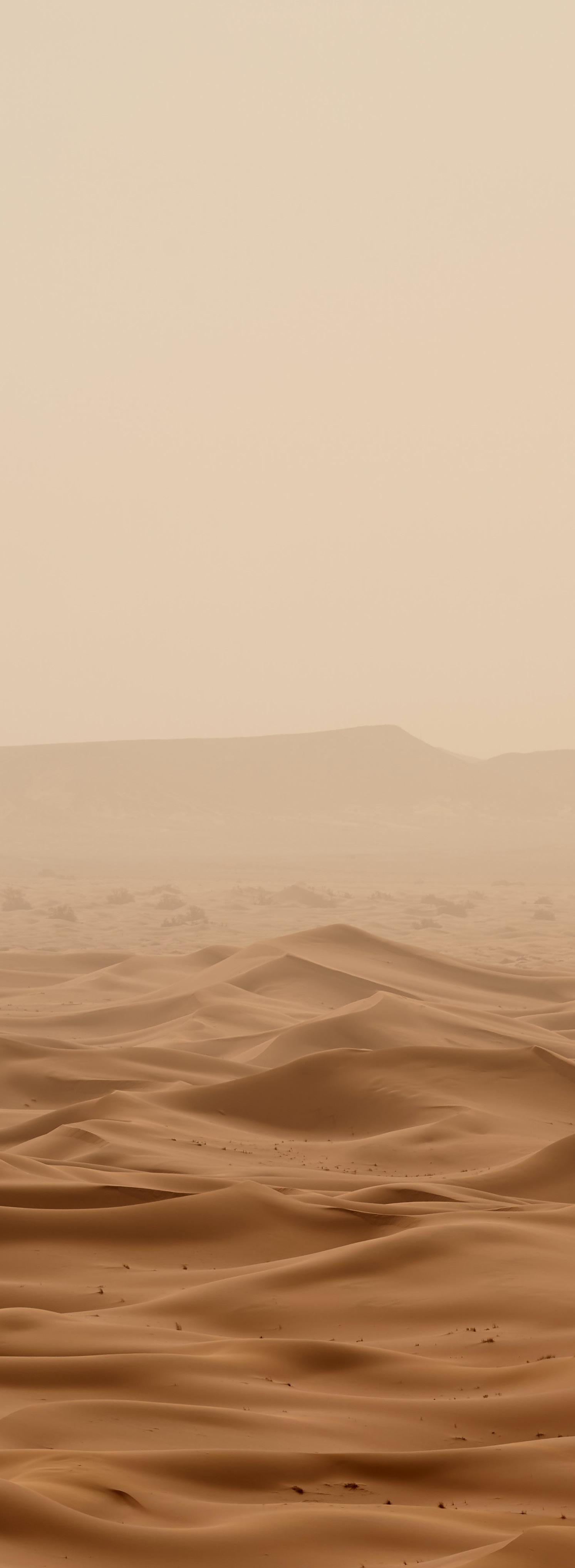
ly. Two years later, Āmina, her son, and Barakah had been visiting his maternal homeland and burial place of his father, who they had lost before his birth. His child was now six years old and more self-sufficient. Though, he still had much nurturing and education ahead. The reminder of Abdullah’s death must have brought renewed pain to his family; a wife having lost her companion, a servant her sponsor, and a child his parent. They found comfort in one another and began their journey back to Makkah.
did not allow any separation of length. However, two years after his mother’s death, the skies again grew dark. The child was to be separated once more from a beloved caretaker.
D uring their return, Āmina fell ill and was taken by her Rabb in a place called al-Abwā. Like her husband before, she had fulfilled her purpose in life. Now that their son s was old enough to be physically independent of his mother, his Rabb would take sole responsibility for his rearing. As she had been by Abdullah and then by Āmina, Barakah stood by our Prophet s . With a composure that would serve her through their lives, she delivered the now completely parentless child back to his grandfather.
Loss of Grandfather
A Mother’s Loss
O ur Prophet s found himself back in the endearing embrace of his fami -
B ack in Makkah, Abdul Muttalib received his grandson with great grief. Henceforth, the child mainly remained
“My child, I felt a grief over your separation, as a mother feels, that will never leave me.”
18 INSIGHT MAGAZINE
From that day forth, he
by his side, a familiar fixture on his sitting mat during tribal gatherings. He would openly exclaim his affection for him, and his actions never betrayed his words. Once after having been separated longer than expected for an errand, Abdul Muttalib anxiously paced around the Ka ‘ ba pleading Allah for his safety. Upon his grandson’s return, his heart spoke, “My child, I felt a grief over your separation, as a mother feels, that will never leave me.” From that day forth, he did not allow any separation of length. However, two years after his mother’s death,
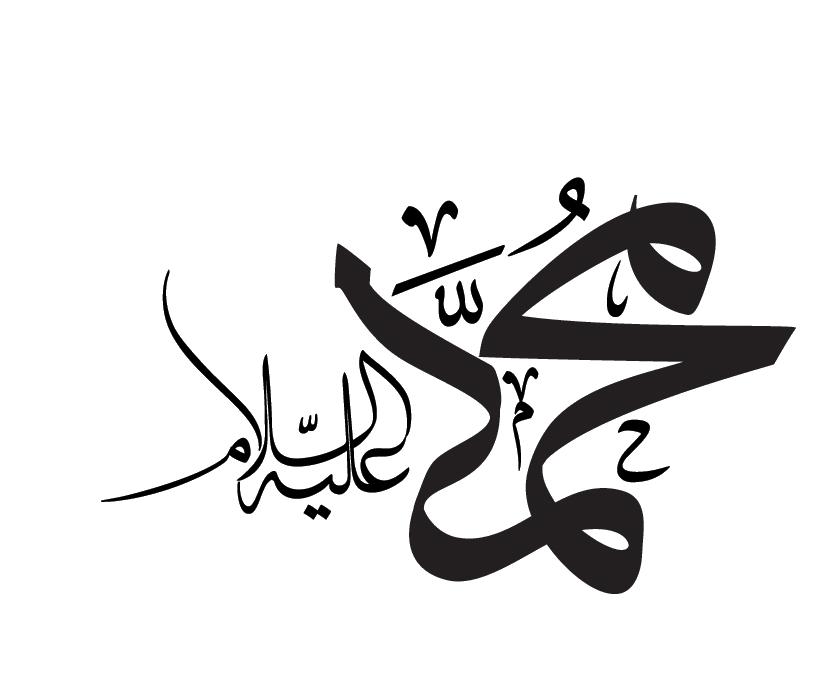
the skies again grew dark. The child was to be separated once more from a beloved caretaker. For a grandfather is akin to a father in love and care. With his passing, he was orphaned once more.
A s the bier of Abdul Muttalib was carried to its resting place, the eight-year-old child could be seen following it in tears. The Sun set on the dusty town, and a similar sight was beheld: a female of dark complexion contrasted by the white of her charge. Barakah quietly walked back with her foster son from yet another burial. g
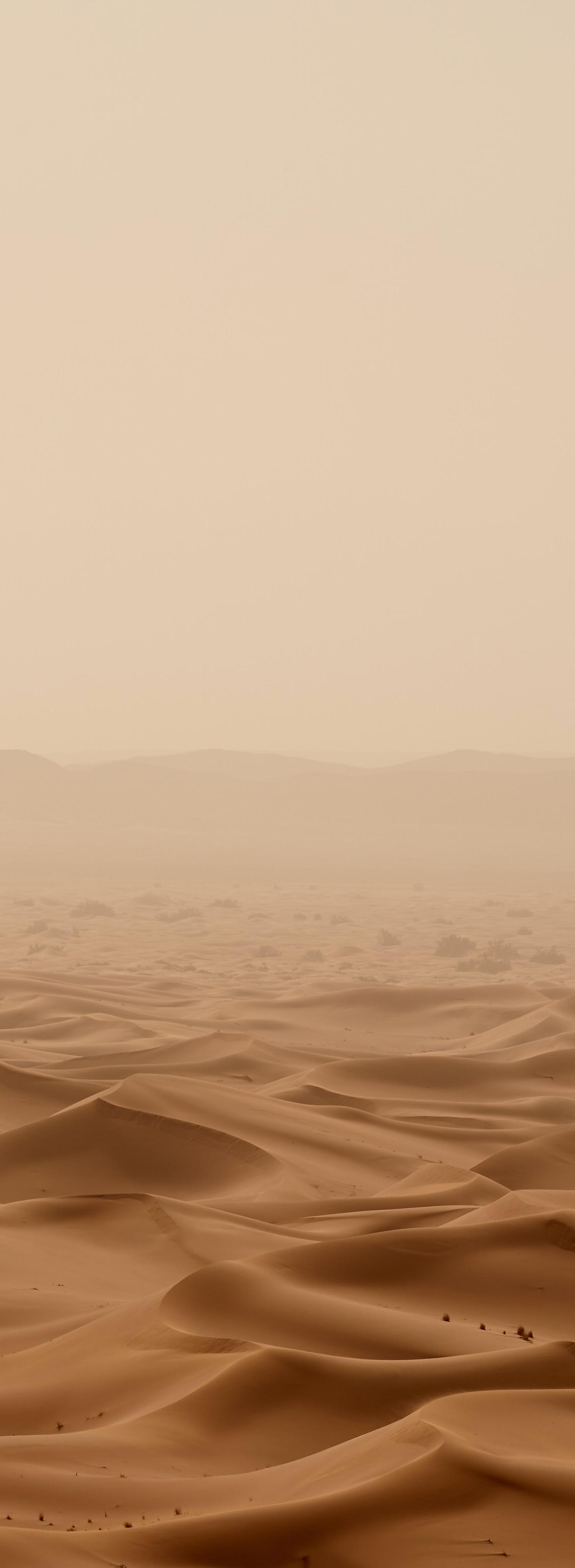
19 INSIGHT MAGAZINE
Q. While traveling, I was praying Zuhr intending to pray two rak’ahs. However, after sitting down for the second rak’ah (the final rak’ah), I forgetfully stood up for the third rak’ah. After realizing my mistake, I decided to pray the full four rak’ahs. Is my prayer valid? Was that the correct approach to such a scenario?
A.I n the scenario mentioned above, after getting up for the third rak’ah after the first sitting (which is the last sitting for the Zuhr prayer while traveling), it would be necessary to go back to the sitting position and perform sajdah sahw if they had not yet prostrated for the third rak’ah. If a person realizes their mistake after performing the prostration for the third rak’ah, it will be best for them to add a fourth rakat before ending the prayer. The extra two rak’ah will count as voluntary prayer, and the traveler will perform sajda sahw in the last rak’ah.
I n the specific scenario you have men -
tioned, your Zuhr prayer would be valid, but sajdah sahw was necessary. If you did not complete the sajdah sahw, you must repeat your salah within the prayer time. If the prayer time has passed, your salah will be valid, and it will not be necessary to repeat it.
Q.W hat is the ruling on consuming products which contain alcohol, such as vanilla extract, etc.?
A.I n principle, any form of alcohol derived from dates and grapes is prohibited. Any product containing alcohol derived from a source besides dates and grapes is permissible on the condition that it does not intoxicate, it is not
20 INSIGHT MAGAZINE
FATAWA
Mufti Hussayn Badri
associated with those who drink intoxicants, and thirdly that it is not used in vain.
(instead as an ingredient) S ince vanilla essence is often used in baking and cooking such products through which it is impossible to be intoxicated, it will be permissible to use this ingredient while baking.
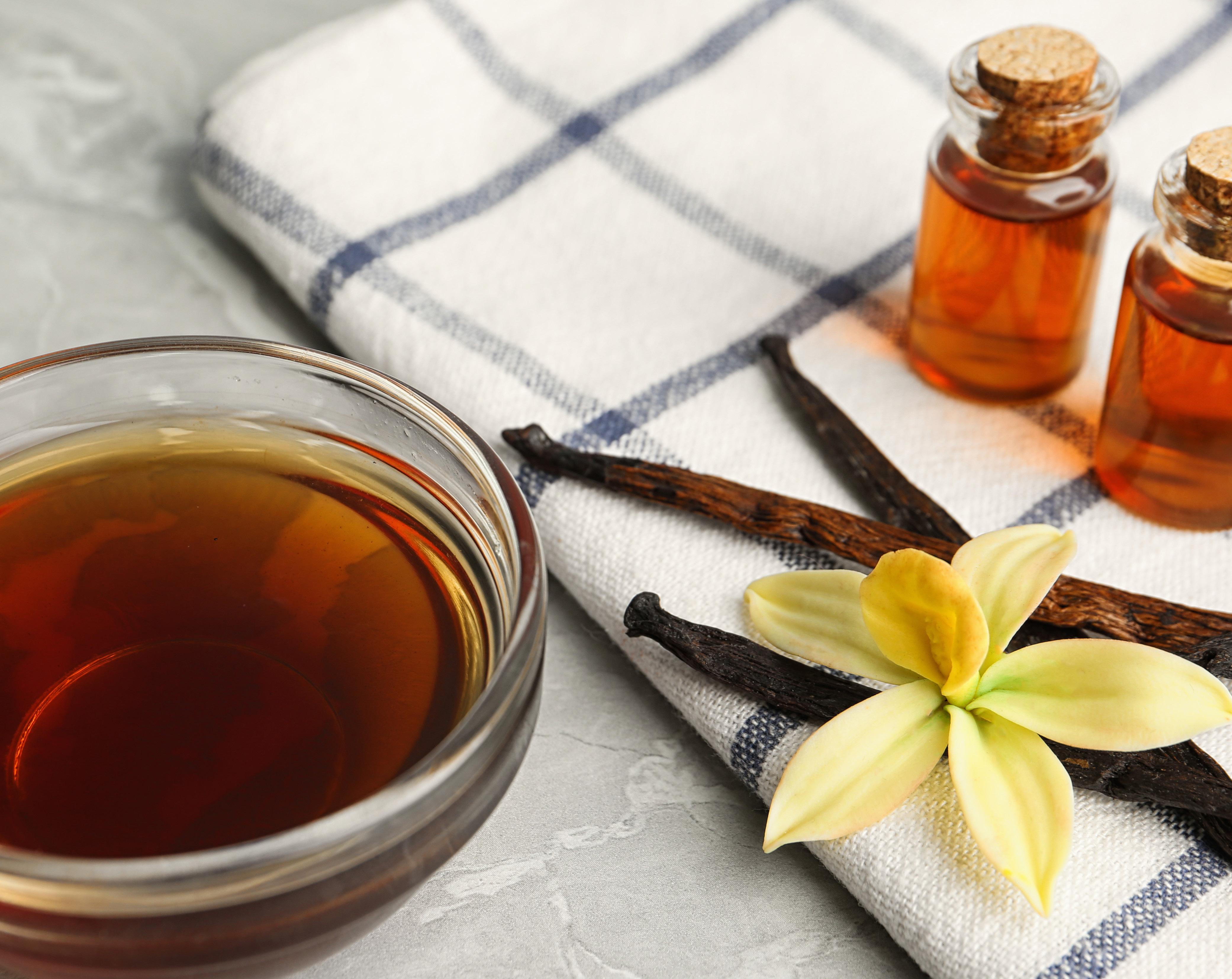
Q.C an the supplications within the prayer be in any language other than Arabic?
A.I n principle, du’a within the salah should be made in Arabic. It is impermissible to make du’a within Salah in any other language. If one is to make dua within Salah in any language other than Arabic, it will be necessary to repeat the Salah.
Q.I was praying at my new job for the first time during my break. Upon completing my prayer, another Muslim brother walked in and said I was praying in the wrong direction. Will I have to repeat my prayer?
A.I n principle, a person must enquire directions from another person when one does not know the direction of the Qibla. Similarly, one may use the compass app from one’s phone or an actual compass if one knows the general direction of the Qibla in the area they are in (North, South, East, West, etc.).
If one does not know the general direction of the Qibla according to their geographical location, one can also use Qibla apps which are easily accessible. It
21 INSIGHT MAGAZINE
should be noted that using a compass in this situation should be in an area with no interference from a nearby magnetic force. If none of the above are accessible to enquire about the direction of the Qibla, one should investigate and make an edu -
nearby magnetic force. Looking at the scenario above, if one had enquired from another person or made taharri before praying and learned afterward that they were praying in the wrong direction, one would not have to repeat the salah.
cated guess.
This is known as taharri . An example of taharri would be using a compass in an area with potential interference from a
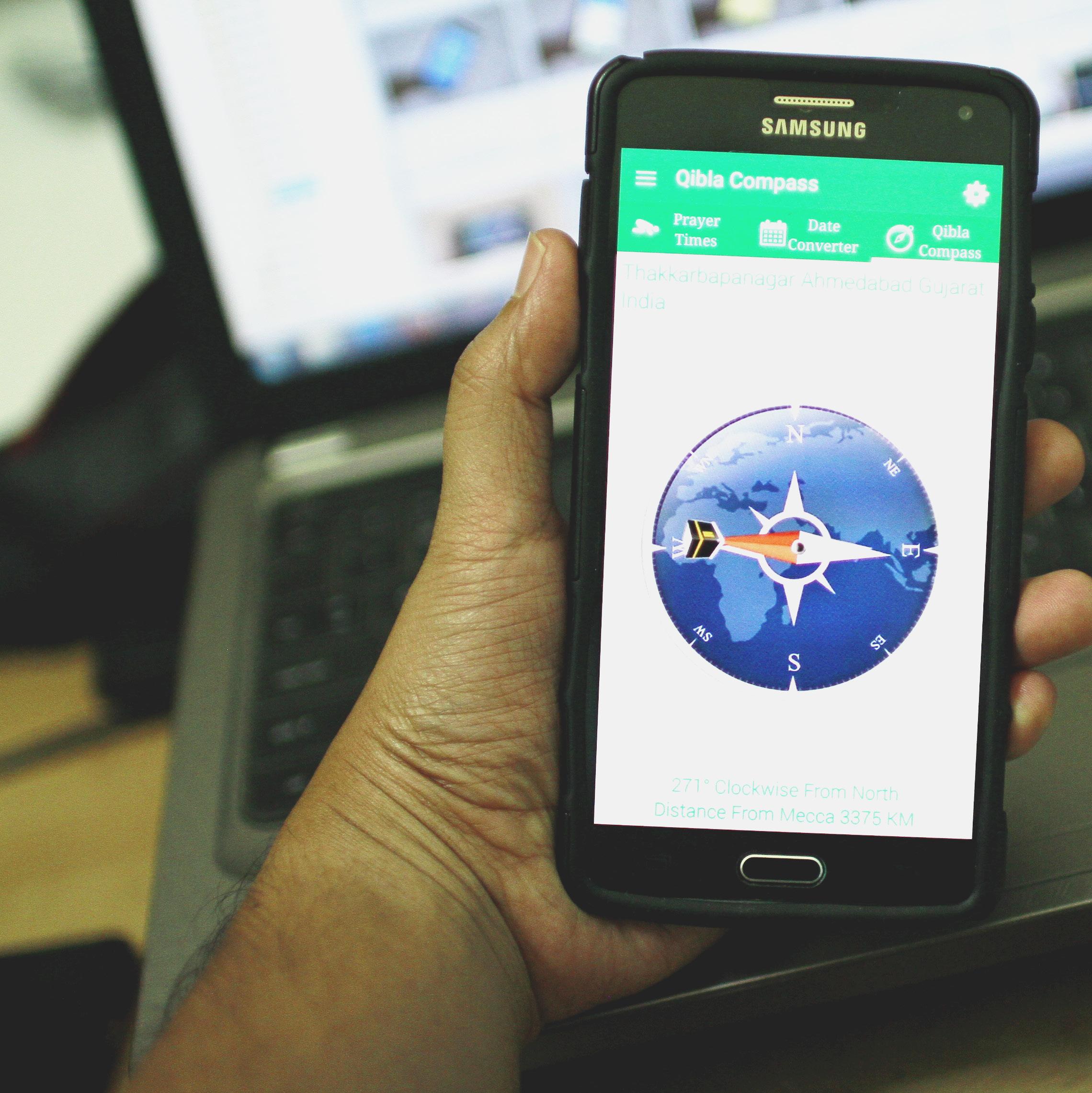
However, if one did not inquire or do taharri, one would have to repeat the prayer.
Q.I s it permissible to pray nafl salah in the car?
22 INSIGHT MAGAZINE
A.I n principle, performing sajda is an integral part of any prayer and is necessary to perform for every individual who is physically able to. If a person were to pray in their car, they would not be able to perform sajda correctly. Therefore, it is im -
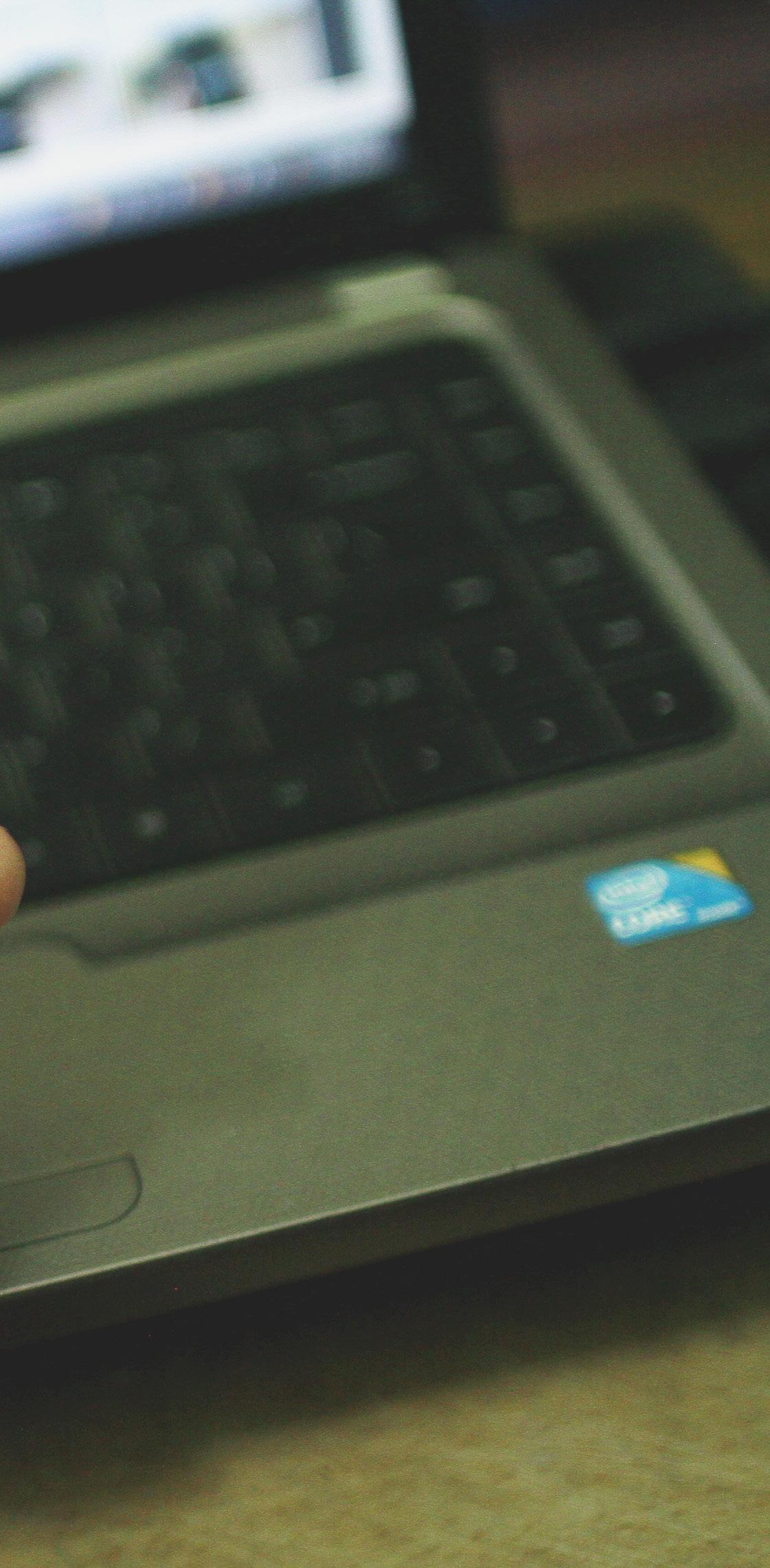
performed on a vehicle outside a city since it is established that the Prophet s prayed on an animal while travelling outside the ci ty.
Q.I f one takes a fard ghusl and afterward there is semen that is excreted, will that necessitate another ghusl?
A.I n principle, if semen excretes the body after ghusl when there has been a significant interval between the initial ejaculation and the second time where semen is excreted, the semen will be in the ruling pre-ejaculation fluid and will not necessitate another ghusl. Examples of a significant interval may include: using the washroom, going to sleep, engaging in excessive walking, etc.
However, if there is not a significant interval between the two excretions, the second excretion will be considered as ejaculation fluid and will necessitate another ghusl. For example, if one goes to the shower to take a ghusl immediately after ejaculating and then immediately after the completion of the ghusl excretes more semen, it would be necessary to repeat the ghusl. g
permissible for a person to perform a fard salah or any other salah in the car due to sajda being fard in all types of prayer. However, there is an exception for nafl prayer to be
23 INSIGHT MAGAZINE
Sharjah Masjid
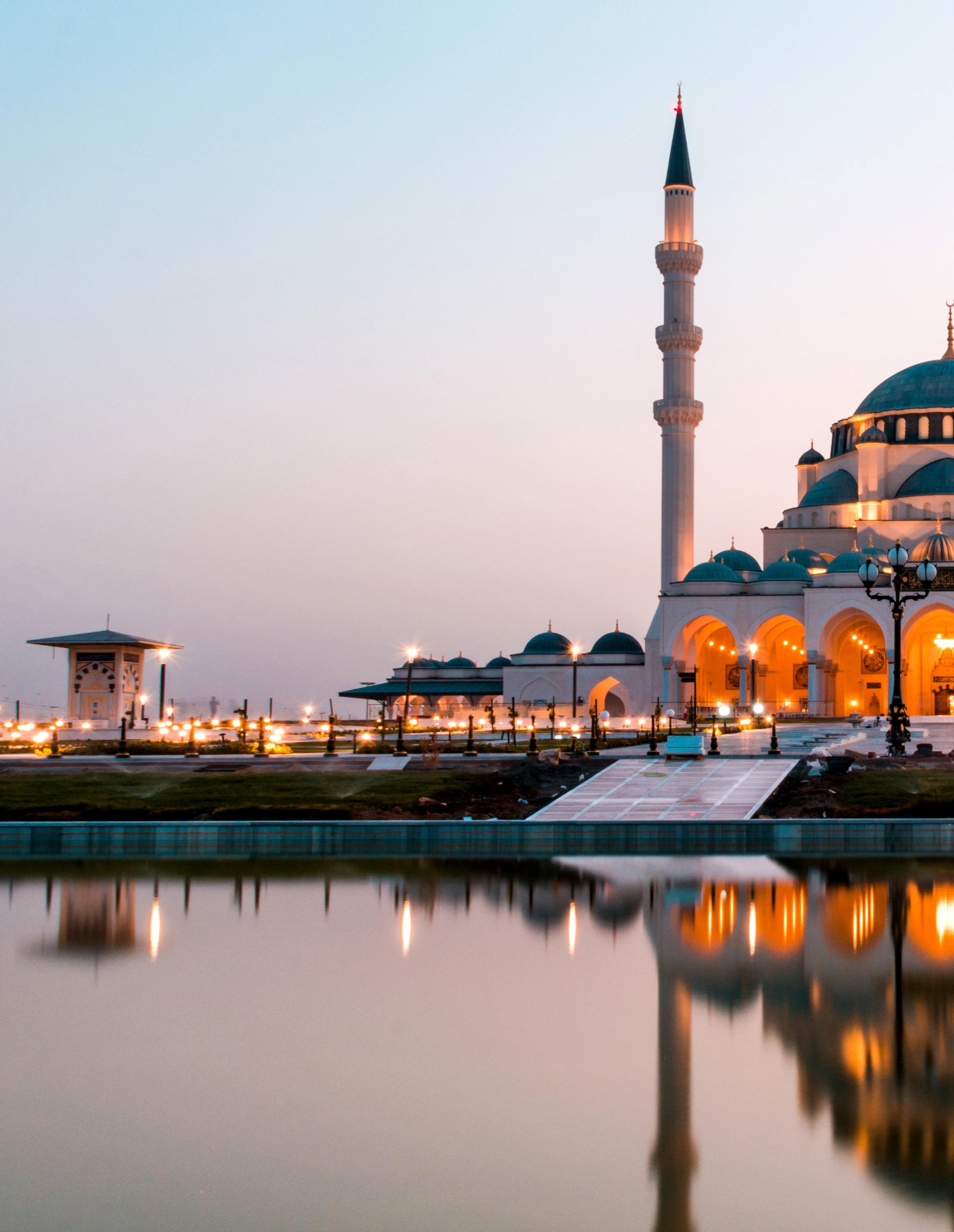
Location: Sharjah, UAE
Opened: 2019
Cost: 300 million dirhams
Prophesy
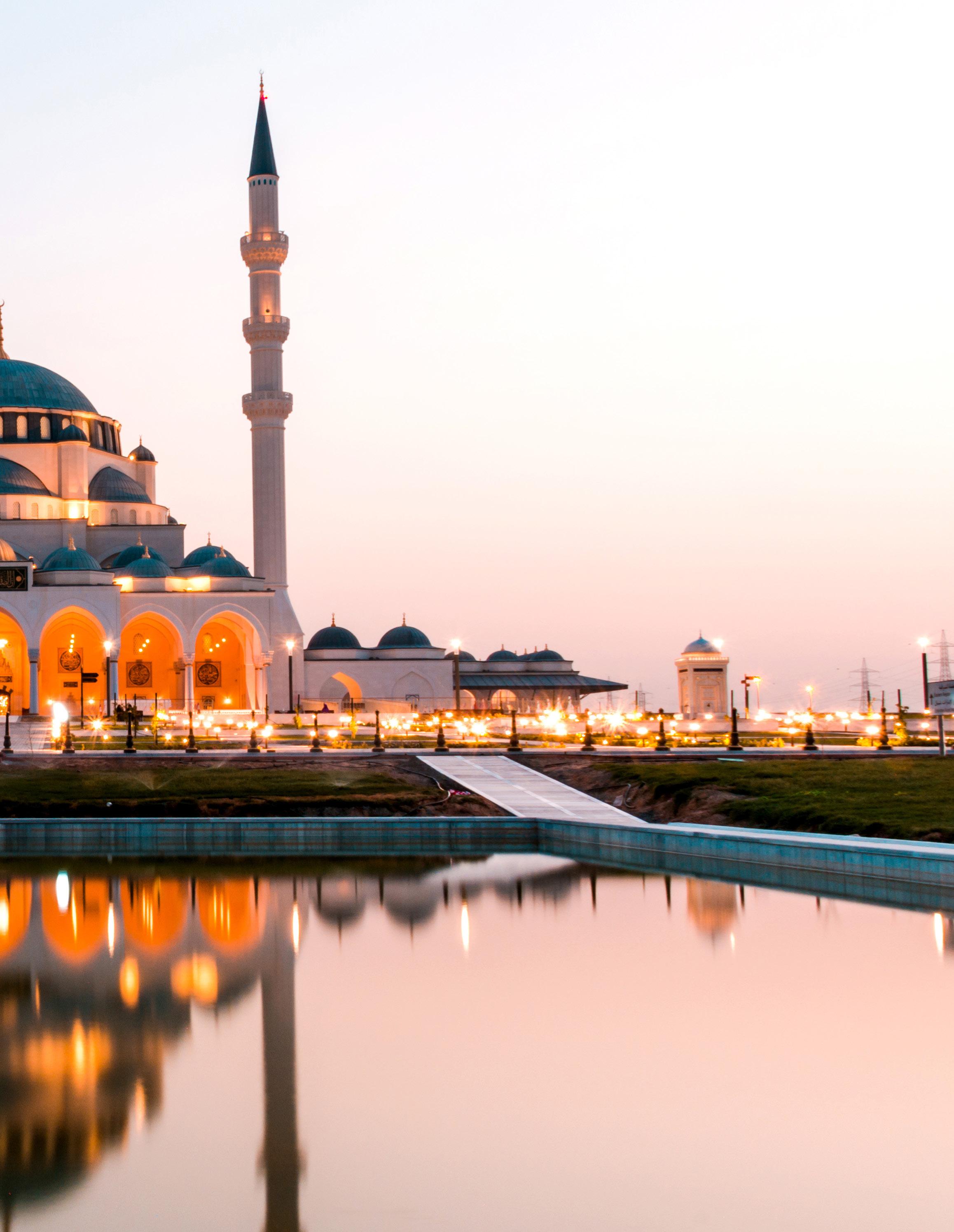
Ibn Abbas g said, “The sins of a people do not increase but they start embellishing their masajid, and they will not embellish their masajid except near the coming of Dajjal.”
-Musannaf Abdul Razzaq 3/154 -al-Sunan al-Warida, 4/819
Instagramification
 by Dr. Kamran Karatela
by Dr. Kamran Karatela
How Social Media is Devouring our Spirituality
................
ollow. Like. Story. Status.

These are the widely used terms with new meanings in the modern world. Contemporary social media platforms with billions of accounts from almost every part of the world have undoubtedly become integral part of the lives of the modern generation. It is astounding how this hyperconnected virtual world is deeply engaging minds, influencing ideologies and thought processes, distorting personalities, and shaping our social construct.
Evolving scientific literature is recognizing behaviours characterized by the compulsive use of these platforms that results in various forms of physical, psychological, or social harm. Social Media Addiction (SMA), Generalized Internet Addiction (GIA) and Internet Gaming Addictions(IGA) are established terms being proposed in medical literature with close association to anx -
iety, depression, eating disturbances, sleep problems, self harm, social isolation and loneliness.
The pleasure chemical at play
Even though the majority of users may not be clinically classified as addicts, many people spend hours on end using an array of social media platforms, glued to their smart phones, aimlessly scrolling, tapping, liking, and following.
What is the mechanism of this futile engagement that keeps them hooked to their devices? This is perpetuated through feedback loop mechanisms acting through a dopamine reward system; keeping the users in the loop. This is the same mechanism in any other forms of addictive behaviour such as gambling, food addiction or drug addiction.
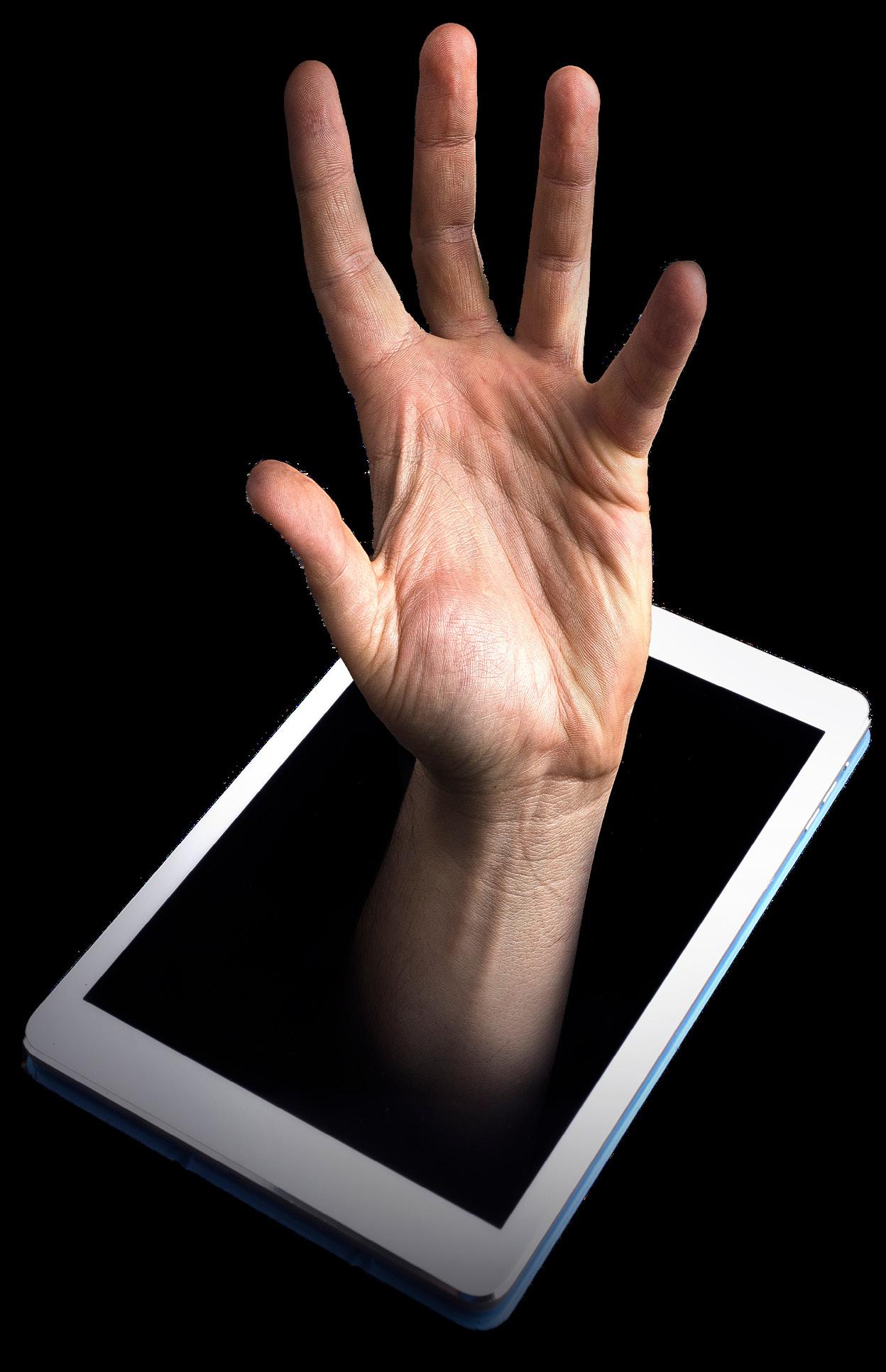
Getting texts, likes, positive comments , “follow requests” are intrinsically rewarding – they evoke feelings of pleasure and satisfaction. However, these feelings are only temporary and once the initial short-lived moment wears off, individuals look for more. This is how the dopamine system works. Initially there is a surge in dopamine followed by a decline with loss in dopamine activity. The user then craves for more dopamine surge and the cycle goes on.
These social media platforms have mechanisms and algorithms that exploit these innate dopaminergic signals. Their main goal is to keep the user in the loop. This is achieved through a term referred to as Variable Reward Schedules . This works by positive stimuli being provided at random intervals. This is how it works: users
check their phones for notifications and updates at periodic intervals for something that could be intrinsically rewarding. When the update is received, dopamine is released, hence keeping the user in the feedback loop.
Falling a victim to these platforms, our minds are looking for instant gratification.We start to dwell in this vir -
tual world detached from reality. The world must know what we ate, what we did, and where we travelled. We anticipate recognition in the form of a “like”,
28 INSIGHT MAGAZINE
comment or increase in follower count. Enjoying a particular food item or a travel destination is no longer a primary objective anymore. The main goal is to post the story in order to get a positive comment or increase of followers.
This self-adornment and desire of recognition is creating a hyper-individualist society and the young adults growing up with these social platforms have a completely different perspective of life. It has almost become imperative for a young adult to be a part of this virtual social media . It is as if, your absence in the social media world implies your non-existence in the real world. Fear of Missing Out ( FoMO) is an emerging phenomenon related to mental illnesses in the adolescents and young adults. It is described as “a pervasive apprehension that others might be having rewarding experiences from which one is absent …and a desire to stay continually connected with what others are doing.”
1 FoMO results in the development of negative consequences and psycopathalogical behaviours and increases the intensity of social media usage.
Normalizing active participation in social media has provided ability of social media design systems ( goverened by very few ) to maipulate people’s views, beliefs, emotions and behaviours.
Social Media Platforms and spirituality:
This is in deed alarming for the Muslim Ummah, particularly the younger generation which is constantly being manipulated, engaged and challenged by these background algorithms and designs. Minds
1. Przybylski, Murayama, DeHaan, & Gladwell, 2013, p.
hooked up on superficial, short-lived and futile pleasures are being stripped of their spirituality and connection with Allah.
Islam exerts emphasis not only on individual ritualistic worshiping but creates a society comprising of honest, responsible and morally competent individuals. Therefore, one of the main goals of Rasoolullah s was to purify and guard the hearts of Sahaba l from internal ailments. He created a group of pure-hearted individuals who established a God-fearing society of peace, harmony and high moral values.
The essence of this imporant aspect of deen, known as the field of Tazkiya , is to establish a level of connection with Allah that we are in constant awareness of His presence ( ihsan ). To achieve this one must purify his or her heart from its vices- a heart that is filled with nothing else but the love of Allah.
A heart that is filled with the love of the world and its adorments, arrogance, pride, self-admiration, jealousy, and various other vices of the heart can never attain the love of Allah. A soul devoid of love of Allah can only do harm to the society.
Social Media-induced ailments of the heart
Ujub ( Self Admiration)
One of the devastating effect of social media platforms is that it catalyzes these vices of the heart. Imagine what goes through the mind of an Instagramer who has a million followers. He literally dwells in a virtual world where he is in constant awareness of his followers as if they are watching him. He has feelings of grandiosity and low empathy. Every thing he does, he feels compelled to share it with his
29 INSIGHT MAGAZINE
1841
followers and derives pleasure in attention, recognition and admiration. He goes at lengths to post unique things about himself to fulfil the needs of the dopamine feedback loop. This self admiration ( ujub ) leads to arrogance ( kibr ), the mother of all internal diseases. In the modern generations’ mindset, this is not a bad thing. In this hyperindividualistic world ‘everything is about me’, after all.
Rasulllullah s has said, “There are three destructive vices : obeying an impulse to be stingy, following passion, and admiring oneself.” ( al-Mu’jam al-Ausat )
Given the gravity of this particular vice, scholars specializing in the the field of Tazkiyya would propose methods to overcome ujub like pondering over one’s reality of existence and ultimate abode, keeping a low profile, or even abstaining from going to the mirror too often, to mention a few.
It is said about a famous scholar that when one of his servant mistakenly broke a valuable mirror he recited a couplet in Persian lamenting over his clumpsiness for breaking a valuable mirror. In reply, the scholar recited another couplet expressing his happiness that a means of self-admiration, i.e., the mirror, was shattered.
Casting Evil Glances
Looking at haram has become inevitable for social media users while they scroll through various pictures, reels, stories and videos. It is said in a hadith that casting evil glances devoids one’s heart from the sweetness of iman. Rasoolullah s has also said that Allah curses the one who looks and the one that is looked at ( Mishkat ). This alone is such a vice that ruins one’s iman within

30 INSIGHT MAGAZINE
seconds.

Jealousy
Another detrimental ailment of the heart nurtured by social media platforms is hasad (jealousy).
Social networks are used to connect with people, which swiftly progresses to comparing with people. Humans are a competitive species. Social media has manipulated this behavior such that it has become a universal and inevitable feature amoung the users to take every opportunity to show the world just how great they are, and how well their lives are going.
According to a study carried out at the University of Copenhagen, we start to feel envious when we compare our everyday lives with other people’s highlight reel – which is all social media really is about. Comparing leads to low self-estem, depression, anxiety and dissatisfaction. This in turn leads to ungratefullness to Allah and objections to His Divine orders ( May Allah protect us)
Curiosity and Backbiting
It is a common practice of users of social media users is curiosity to find out what is happening with everyone else’s life.

Allah mentions in Surah Hujarat, “ …And do not be curious and do no ack bite one another.” ( 49:12)
Facebook is a perfect enviroment of tajassus (curiosity) .The prying eyes of social media are constantly intruding on the lives of people which further leads to gossiping and backbiting, a sin
akin to eating flesh of ones’ dead brother in Quran.
In conclusion, we can recognize the detrimental impact of social media platforms not only on our psychosocial and mental health but also on our spiritual health and connection with our Creator. The scholars and experts of Tazkiyya have proposed various remedies for different vices like secluding oneself for extended periods of time and prescribing various forms of dhikr of Allah. The whole idea is to temporarily disengage from worldly affairs and “reprogramming” the heart so that it attains the love of Allah to a point that it is in constant state of awareness of His presence (ihsan).
And this cannot be achieved with smart phones in our hands. g
31 INSIGHT MAGAZINE
Darul Uloom Canada Chatham, ON
Darul Uloom Canada

Office: (519) 360-1288
Fax:
Email: office@ducanada.com
Maecenas #654321
DU Canada
51 Prince Street North, Chatham, ON
Darul-Uloom Canada is a charitable organization providing an Islamic environment to learn Quran and Sunnah. The organization offers following programs:
• Full-time Hifz Ul Quran Program
• Six-year comprehensive Alim Program
• Two- Ifta Program
• Primary Education Program
- we collect funds for zakat, sadaqa and donations. Donate via:
-e transfers: office@ducanada.org
-Donation link at DU website ducanada.org
-mail checks to DU Canada
-Darul Uloom is a non-profit organization.





























 by Dr. Kamran Karatela
by Dr. Kamran Karatela





